Who we are
Director
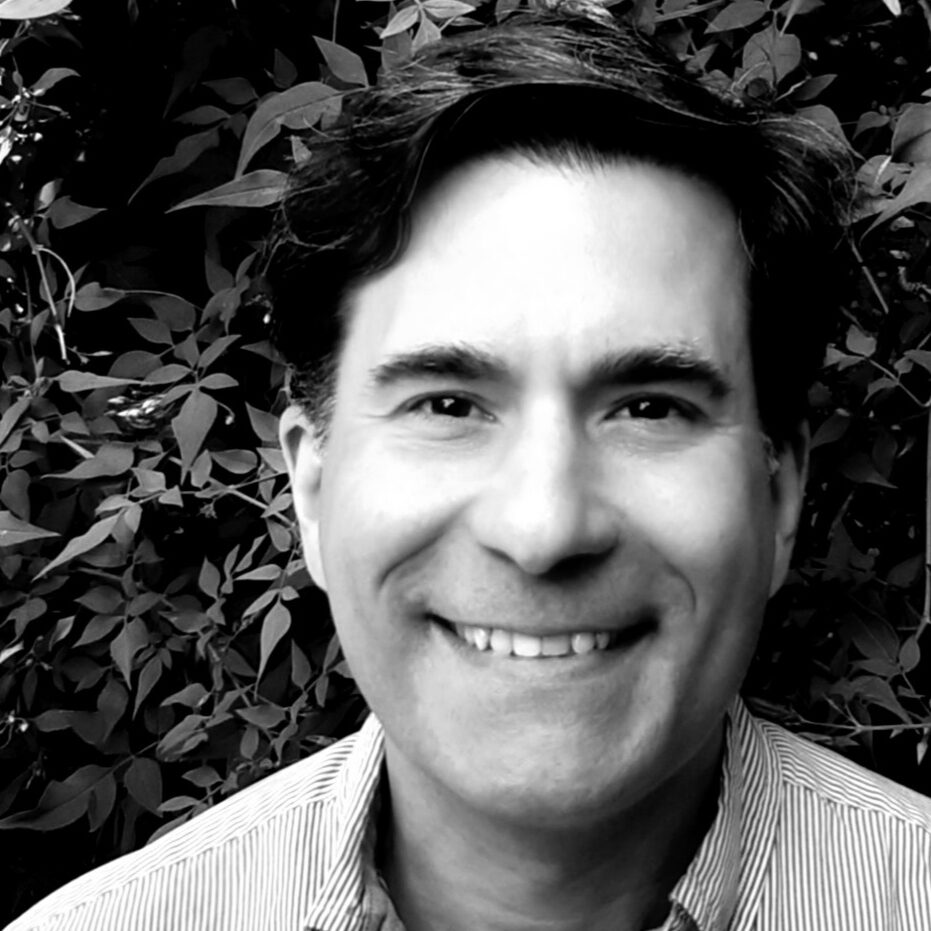
Dr Richard Nunes. Associate Professor of Planning and Sustainability.
Department of Real Estate and Planning, Henley Business School
PhD Researchers
The postgraduate research students contributing to this multi-disciplinary lab are based out of different Schools of the University of Reading.

Kanawat Asawachatroj. Exploring sustainability motivations and behaviours through the lens of minimalist emotions.
Department of Marketing and Reputation, Henley Business School
Minimalists, people living with a less materialistic lifestyle, are emerging as an essential sustainability phenomenon, focusing on having less and consuming less. Based on the literature, minimalists can be classified into five types. Each type of minimalist might have different emotions towards their sustainable lifestyle.
In my research I work to identify what dominant emotions minimalists experience when they generally talk about their chosen lifestyle. By looking at specific sustainable behaviours or initiatives, I then explore what emotions minimalists associate with, and feel in relation to each activity.
____________________________
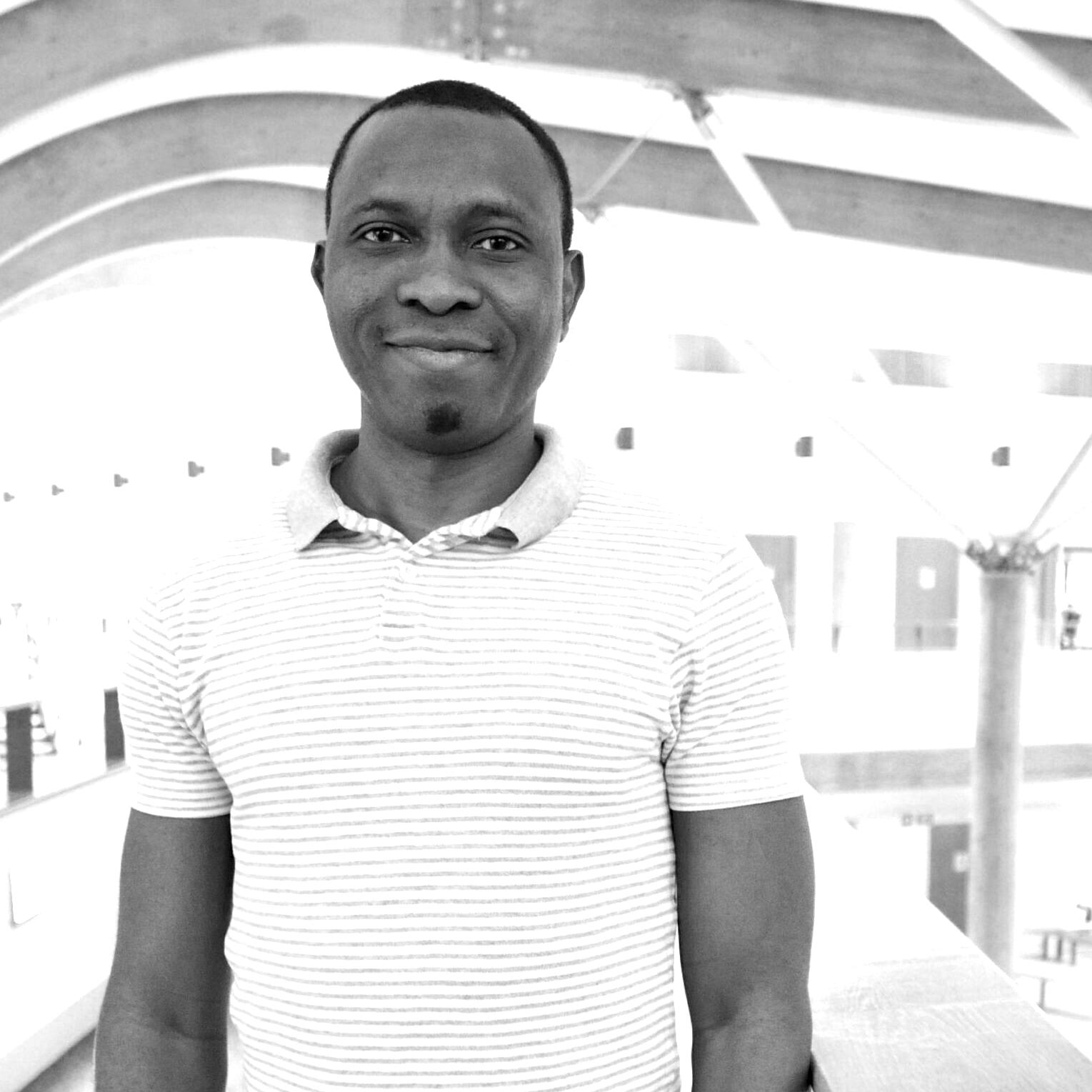
Tajudeen Azzez. Household energy transition practices.
Department of Real Estate and Planning, Henley Business School
My research interests lie in the field of housing quality and urban design, and their relationship to the behavioural practices of urban residents. I currently investigate the relationship between climate change and household energy-relevant practices, examining the influence of housing design and neighbourhood characteristics on an individual household’s capacity to adapt to climate change. The study is geared towards understanding how householders’ everyday practices are intertwined with processes that create and reproduce vulnerability to climate change and how these factors may be reshaped to enrich residents’ adaptive capacity to it.
____________________________
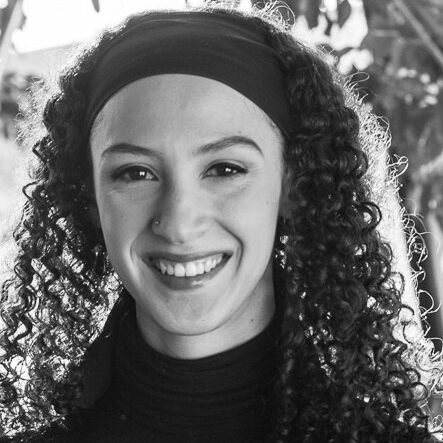
Selma Benyovszky. Water-energy nexus in Algeria: the government water discourse and the role of the hydrocarbon sector.
Department of Geography and Environmental Science, School of Archaeology, Geography and Environmental Science
My interest in water is inherently connected to my life story. I come from a country where there was a shortage of water, but I grew up in a developed state where toilets were flushed with drinking water and daily bathing was the norm. My personal experience, together with my academic education, have led me to study the water-energy nexus, political power and the relationship between the human and the non-human. Over the years, I have focused on the interconnection between water and energy resources, with a particular interest on water governance, the production of knowledge and everydayness.
In my current project, I am studying how water pollution is framed by the government in Algeria and how this is shaped by the hydrocarbon sector. As a case study, I am examining the district of El Harrach in Algiers. Overall, the aim of my research is to further our understanding of the interrelation between water pollution, water policy, and people’s relationship with the environment.
____________________________
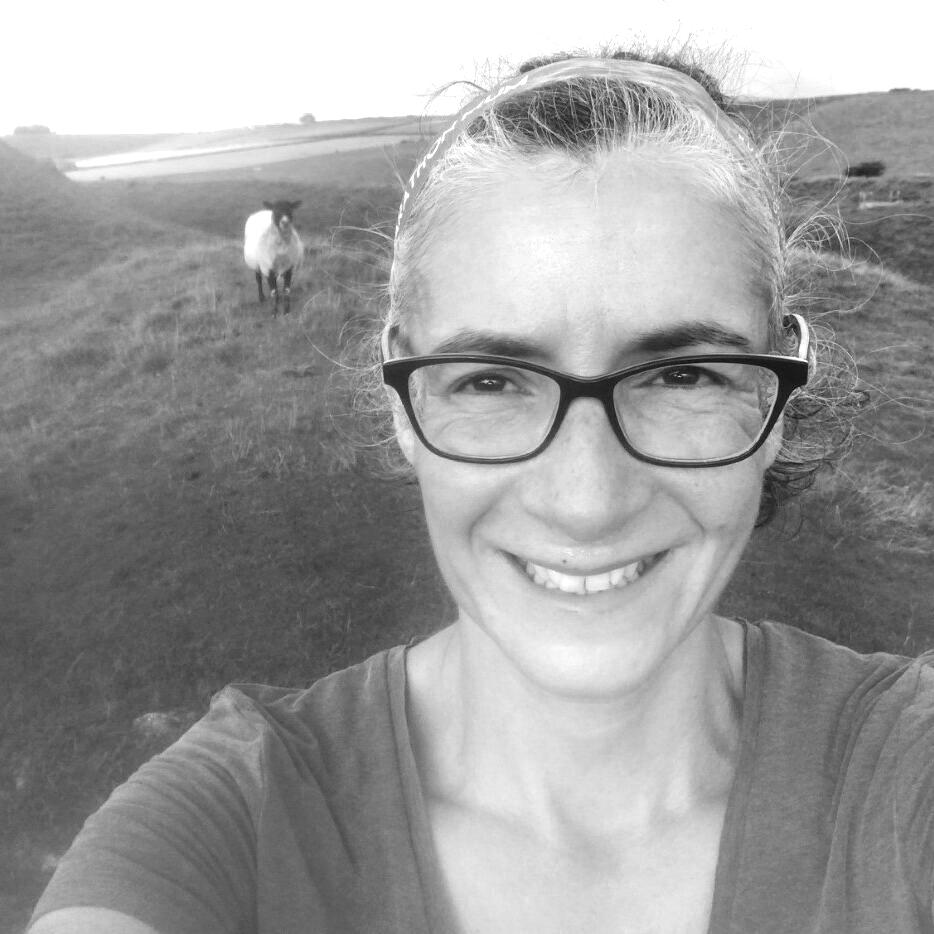
Martha Cross. Unlocking ‘imagined’ transition destinations for food policy councils.
Department of Real Estate and Planning, Henley Business School
My journey from research assistant to doctoral student was nearly 20 years in the making, transected by a career in environmental strategy and practice. Over the years I have engaged with various visions ranging from the inspired to the disappointingly generic, which made me realise that visions matter. Powerful, shared visions have the potential to shape policy and action (for better or worse), so they often deserve more consideration and creative thought. My current research focuses on how individual and group visions coalesce to form shared spatial imaginaries of ‘better’ food futures, in the context of UK food partnerships. Unlocking these ‘imagined’ transition destinations gives us insight into questions of agency (who creates these visions and who is excluded?), legitimacy (how are they shared and justified?) and their influence on policy, practice and consumption patterns.
____________________________
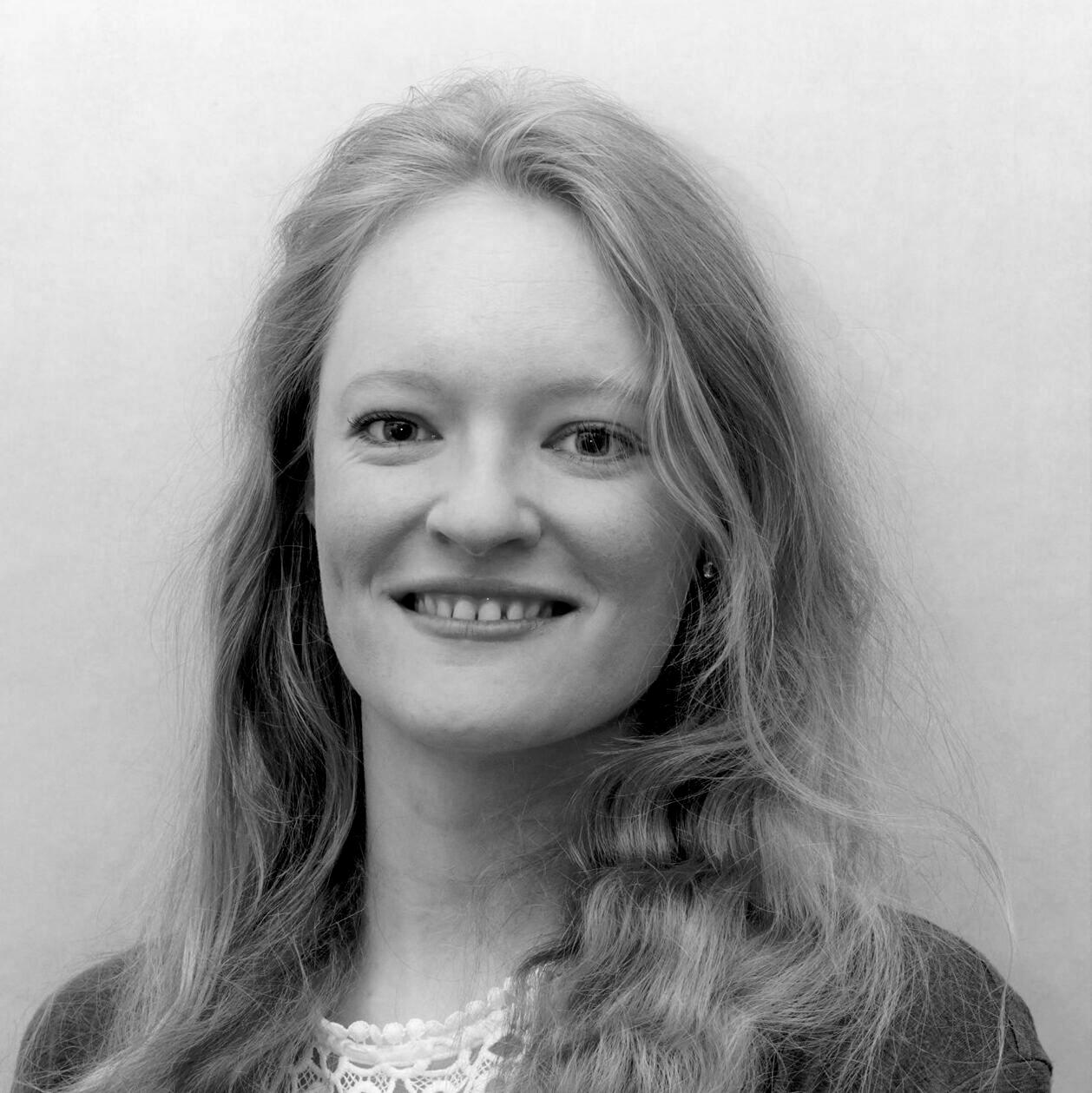
Auvikki de Boon.
Department of Sustainable Land Management, School of Agriculture, Policy and Development
My PhD project aims to examine how we can govern agricultural innovation and transition in a way that ensures that both the process and its outcomes are sustainable, socially just, and legitimate. In this project I develop a comprehensive framework to underpin the governance of sustainable transitions, further theoretical and practical insights into perceived legitimacy of transition processes and outcomes, develop a tool to measure perceived justice of agricultural transitions, and explore farmers’ adaptive capacity to a proposed transition. To underpin the theoretical developments empirically, I conduct a case study on the proposed post-Brexit agricultural transition in England.
My wider research interests include the governance of sustainability transitions, collaborative environmental governance, policy analysis, stakeholder participation, and climate change mitigation and adaptation. Overall, I believe that research can contribute to solving some of the main problems that societies are facing, but only if this research takes a systems perspective and is done collaboratively with the people who are affected.
____________________________
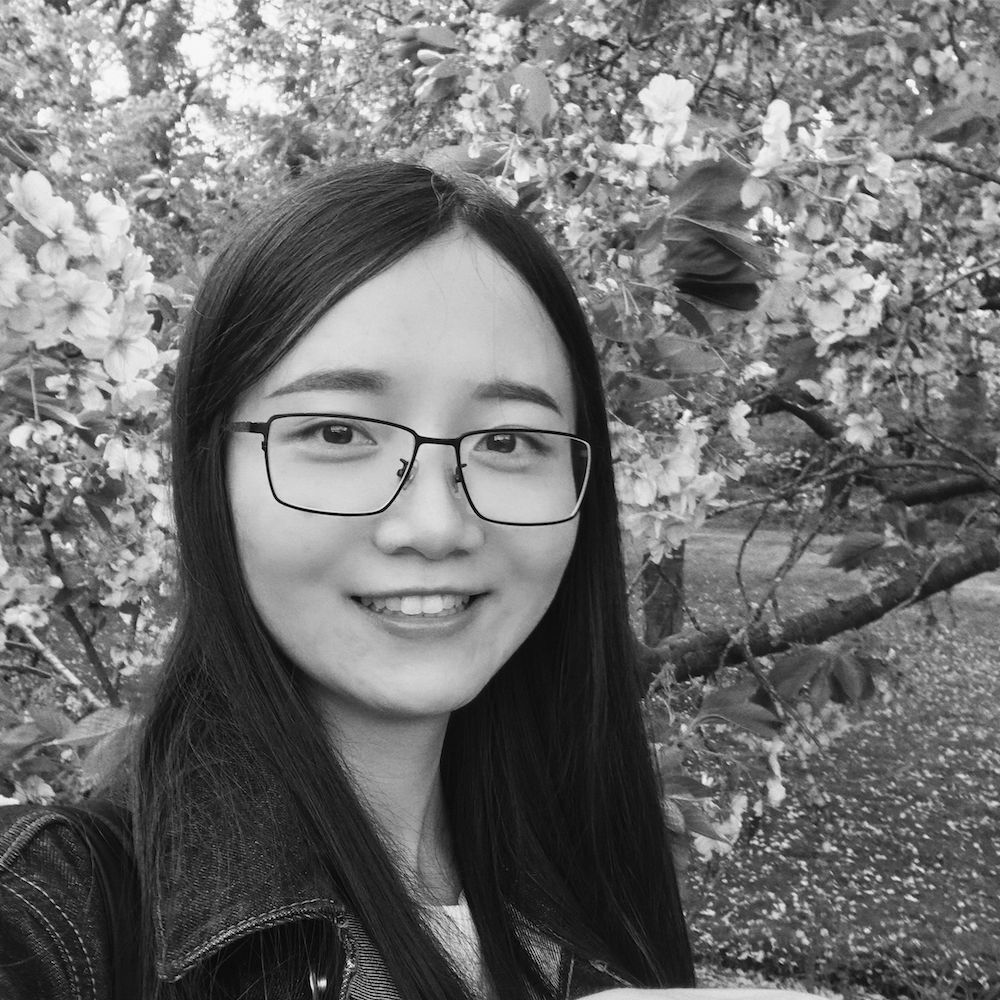
Xizhen Huang. Green infrastructure for mitigating urban heat stress and improving perceived outdoor thermal comfort
School of Construction Management and Engineering, School of the Built Environment
I am researching the effectiveness of Green Infrastructure (GI) for mitigating urban heat stress and improving perceived outdoor thermal comfort in cities of different climatic typologies. Climate forms the precondition of a living environment containing physical elements of an ecological system and leaves a social imprint on physical well-being and the attitudes of people. However, urbanisation brings profound changes for the urban landscape structure and people’s lifestyle, resulting in climate warming and pollution as well as great threats to human health. Therefore, it is important to create a comfortable urban climate for outdoor city life under excessive heatwave events and continuing urbanisation. GI can not only provide pedestrian-level thermal comfort as an effective engineered facility type but also guide urban growth in a city’s spatial development such as parkways, greenways, garden cities, and green belts as a planning approach. Thus, GI plays an important role in creating a more comfortable urban climate for outdoor activities and promoting sustainability planning. The visioning process for most desirable comfortable urban climate future is designed for co-producing both quantitative and qualitative scenario types, including land use and microclimate models as well as accompanying narratives of stakeholders. The practical contribution would be GI implementation policy and practice guidance for a more comfortable urban climate and targeted to planners and other urban decision-makers.
____________________________

Jingheng Huang. Covid-19 and management of Singapore’s public housing: a catalyst for change?
Department of Real Estate and Planning, Henley Business School
My research lies at the nexus of race, the built environment and everyday life, and seeks to investigate how race is perceived and experienced by residents in Singapore’s neighbourhoods. The social dimension is often overlooked with regards to more sustainable and resilient urban futures, but a strong social fabric is absolutely vital for the success of initiatives aimed at tackling social, economic and environmental challenges facing cities globally.
Race and racial inequalities have featured prominently in many recent global events including the resurgence of the Black Lives Matter movement, Covid-19 pandemic and the Grenfell Towers fire. My research seeks to develop a greater understanding of how race is managed at different levels, and eventually contribute towards a greater understanding of how co-existence can be harmonious and even productive in recognising and celebrating diversity, amidst an epoch of rapidly intensifying migration and hybridisation of identities.
____________________________
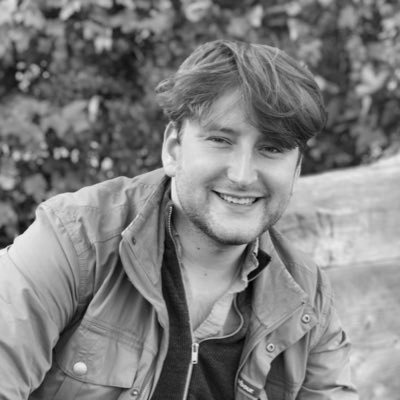
Will Page. The peculiarities of privacy and the deployment of Automatic Facial Recognition (AFR) surveillance technology: How do regulatory differences between public and private AFR deployment impact the socio-legal construct of public space?
School of Law
My PhD research addresses socio-legal issues embodied within the deployment of AFR surveillance in contemporary public spaces. Within modern urban environments, public and private policing bodies have sought to incorporate AFR surveillance into their property management and crime control strategies. My research considers whether these technological advancements could hinder our ability to exercise and understand our fundamental rights within public spaces.
It adopts a legal-geography approach to understanding the nuances of AFR surveillance. This approach develops insights into the varying dimensions surrounding legal regulation, the commercialisation of surveillance technology, the socio-legal construct of public space, and the theoretical foundations of data protection and privacy law.
This PhD research is funded by the South East Network for Social Sciences through a doctoral training partnership provided by the Economic Social Research Council.
____________________________
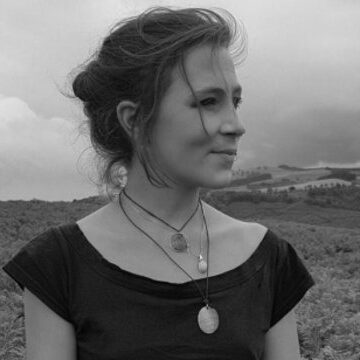
Natasha Robson. On the need for critical thinking.
Department of English Literature, School of Literature and Languages
My research has led me to believe that in the present-day world it is ever-more necessary to promote critical thinking skills in all people and populations. I originally reached this conclusion when writing my specifically racism-orientated MA thesis, which considered the aspects of culture and personal psychology that maintain structures of prejudice within a society. My current work looks more broadly at how the capacity for objectivity and the ability to question received wisdom and assertions of ‘truth’ have become deeply important skills – in interpersonal interactions, in our internal decision-making, in our consumption of media and media-like information. Recent weeks have demonstrated more clearly than ever before (to those that had any doubt) that unconscious bias is still an enormous problem, and without the tools with which to assess and reassess our internalised beliefs the recognition of deeply entrenched and problematic thinking is almost impossible.
If we do not learn to better understand ourselves and the workings of our own mind, the prospect of further divisiveness, polarisation, reinforcement of prejudice is not simply a possible future, it is the future. If we cannot take control of our own opinion-formation, it will be done for us. I have begun my own journey towards achieving this goal, working with the university, the council, The Brilliant Club, and as a private freelancer. I have recently begun an academic blog, available here: https://natasharobson.hcommons.org/
____________________________
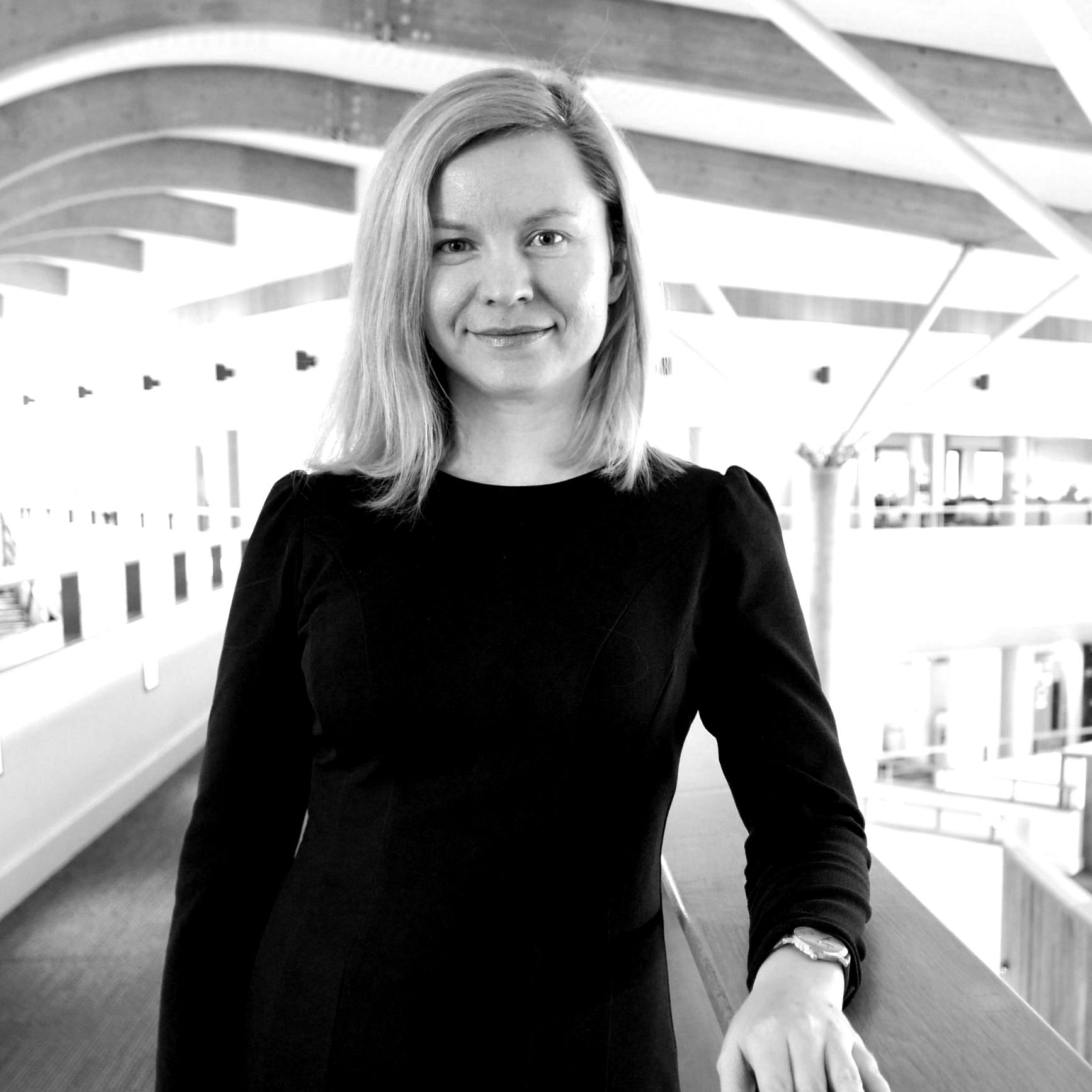
Martyna Surma. Employee engagement in a (post) Covid-19 workplace ecosystem.
Department of Real Estate and Planning, Henley Business School
My current research focuses on the emergence of a new post-COVID workplace ecosystem scenario in cities (e.g., home; office; third places; urban ream), examining the relationship between the physical workplace environment and employee engagement. Research on both workplace and employee engagement has long been dominated by studies focused on the office environment. This can be widely observed within many different disciplines (e.g., organisational psychology, environmental psychology, etc.). Although there is some evidence in the scientific literature of studies conducted specifically on remote work, the research on distributed workplaces and their influence on organisational outcomes is very limited.
However, what does the ‘engaging’ workplace mean now when a default workplace for most global organisations is hybrid? The COVID-19 pandemic has widely accelerated new work trends that are now having an enormous impact on the research on real estate and planning, among others. But to better understand it, we must develop primary data that will help us to investigate these new patterns for the future resilience of our cities.
____________________________
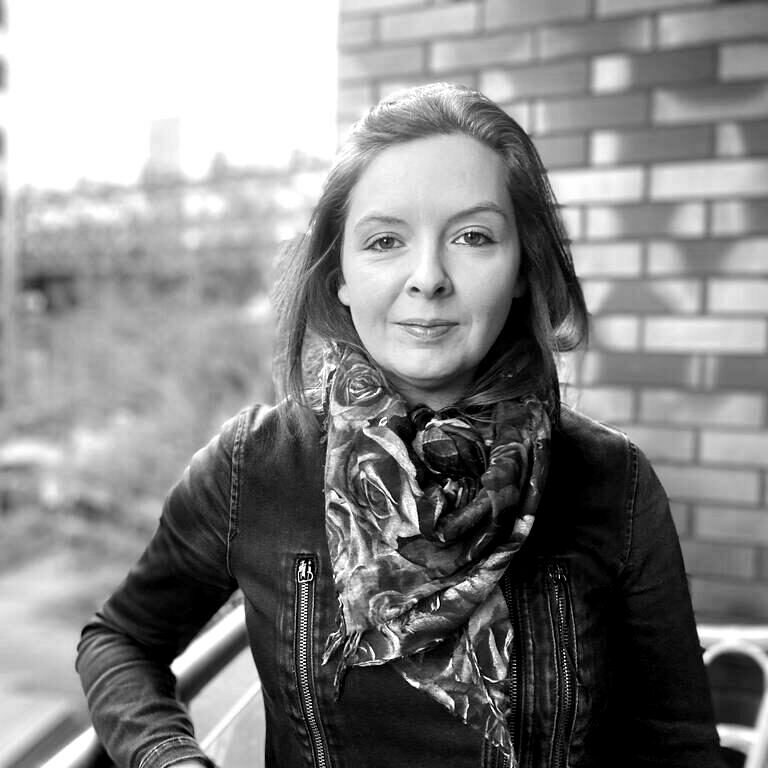
Adele Wylie. Disproportionate effects of the Covid-19 pandemic on women’s material and ‘imagined’ future foodscapes.
Department of Real Estate and Planning, Henley Business School
Department of Geography and Environmental Science, School of Archaeology, Geography and Environmental Science
My interest in social and environmental sustainable food work is rooted in both my academic studies and professional experiences. I have been a professional chef for 18 years and have been exposed to the unsustainable approaches and attitudes towards food produce, food workers and natural resources by industry professionals. I observed on the job how unethical and unsustainable food trends develop and institutionalise. My academic background in Environmental Science & Sustainability (BSc) and Climate Justice (MSc) has instilled in me the belief that sustainable transitions surrounding food production and (re) distribution must be “just” and the most marginalised people in both high income and low income countries must not be left behind. Therefore just transitions must be representative of people of all genders, races, classes, creeds and sexualities.
Overall, my research interests lie at the relationship between food, power, society and the environment. My PhD research is concerned with: The impacts of the Covid-19 pandemic on women’s paid and non-paid foodwork from a critical feminist perspective. In order to capture the experiences of women from all backgrounds, I will be using an intersectional lens. The aim of my research is to contribute towards a future foodscape for women building upon their ideas of what a more resilient and equal foodscape looks like.
_______________________
Associated Research Supervisors
Prof Angelique Chettiparamb, Department of Real Estate and Planning, Henley Business School
Prof Tim Dixon, School of Construction, Management and Engineering, School of the Built Environment
Prof Michael Goodman, Department of Geography and Environmental Science, School of Archaeology, Geography and Environmental Science
Dr Katerina Hadjimatheou (University of Essex), Department of Sociology, Faculty of Social Sciences
Prof Martin Lukac, Department of Agro-Economics and Marketing, School of Agriculture, Policy and Development
Dr Christopher Maidment, Department of Real Estate and Planning, Henley Business School
Dr Filippo Menga, Department of Geography and Environmental Science, School of Archaeology, Geography and Environmental Science
Dr Mark Nixon, Department of English Literature, School of Literature and Languages
Prof Tom Oliver, Department of Ecology and Evolutionary Biology, School of Biological Sciences
Dr Caroline Rook, Department of Leadership, Organisations and Behaviour, Henley Business School
Prof Runming Yao, School of Construction, Management and Engineering, Schoo of the Built Environment
_______________________
Previous Research Students
Andre Dornelles. Lock-in mechanisms and the potential for desirable global food systems transformations.
Dr André Dornelles completed his PhD in 2022. He worked as a joint-PhD student between the School of Biological Sciences and Henley Business School, funded under a CAPES Brazilian scholarship. His work investigated different mechanisms that ‘lock-in’ global food systems into unsustainable, unhealthy and/or inefficient trajectories through a holistic and interdisciplinary lens. He used a data-driven approach to identify ‘transformation archetypes’ in the global food systems by exploring historical trends of input, output, productivity, and economic metrics and their social and environmental outcomes (involving 161 countries from 1995 to 2015). André enjoys cooking, boxing, and travelling with his wife and family!
Amy Burnett. Innovations in politics and planning for transformative change.
Dr Amy Burnett completed her PhD in 2017, and is currently a Research Fellow on RTPI’s Rural Planning in the 2020s project. She is an interdisciplinary researcher and practitioner with a background in political science, international development, environmental management and planning. As a researcher, Amy’s work focuses on the role of civil society groups and networks in promoting innovative and sustainable development in the context of planning, broader policy influence and organisational design.
Amy recently completed an ESRC Post-doctoral Research Fellowship (2020-21) at the Centre of Environment and Sustainability (CES) where she further developed the contributions of her PhD, mentored by Prof. Kate Burningham (CES/CUSP) and Dr. Richard Nunes (University of Reading). She is explored the role of independent (non-party-political) politics to advance sustainability transitions through low-carbon development and planning, contributing to the Centre for Understanding Sustainable Prosperity’s (CUSP) research theme Political and Organisational Dimensions of Sustainable Prosperity.
Amy’s publications to-date focus on incentives for environmental citizenship, mechanisms for sustainability, low-carbon Neighbourhood Planning and independent politics and the politics of transition
Nicholas Fielmua. Institutional bricolage of community-based water management practices.
Dr Nicholas Fielmua completed his PhD in 2015, and is currently a Senior Lecturer in Department of Planning, University of Business & Integrated Development Studies, Wa, Ghana. Nicholas’ research focuses on multi-use water services and its impact on poverty reduction, water governance and the role of community-based water management on the sustainability and performance water services and supply.
